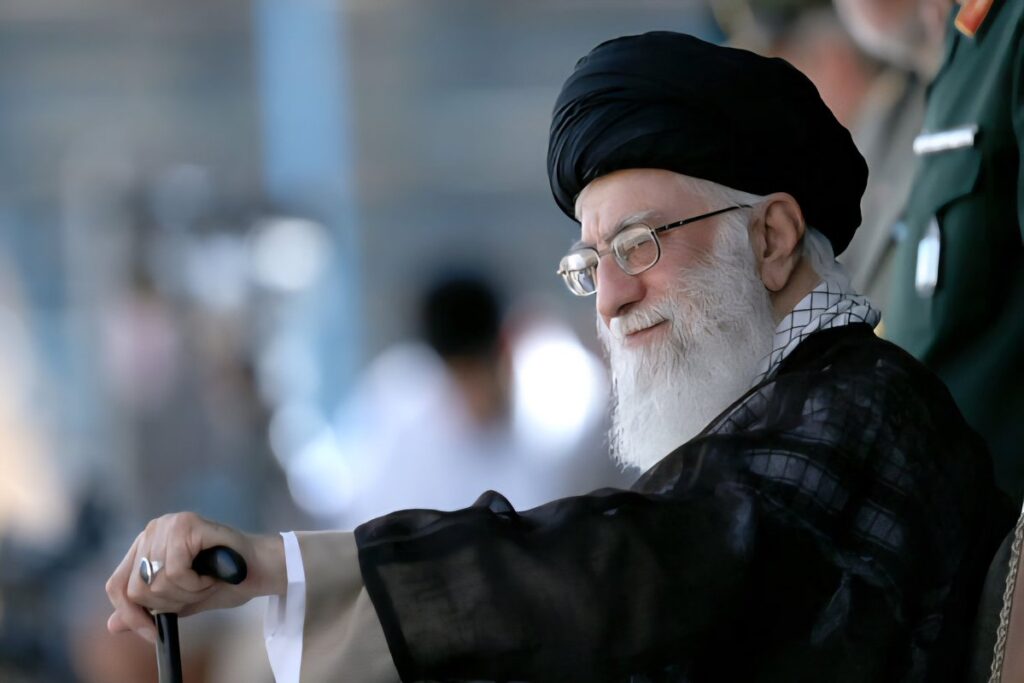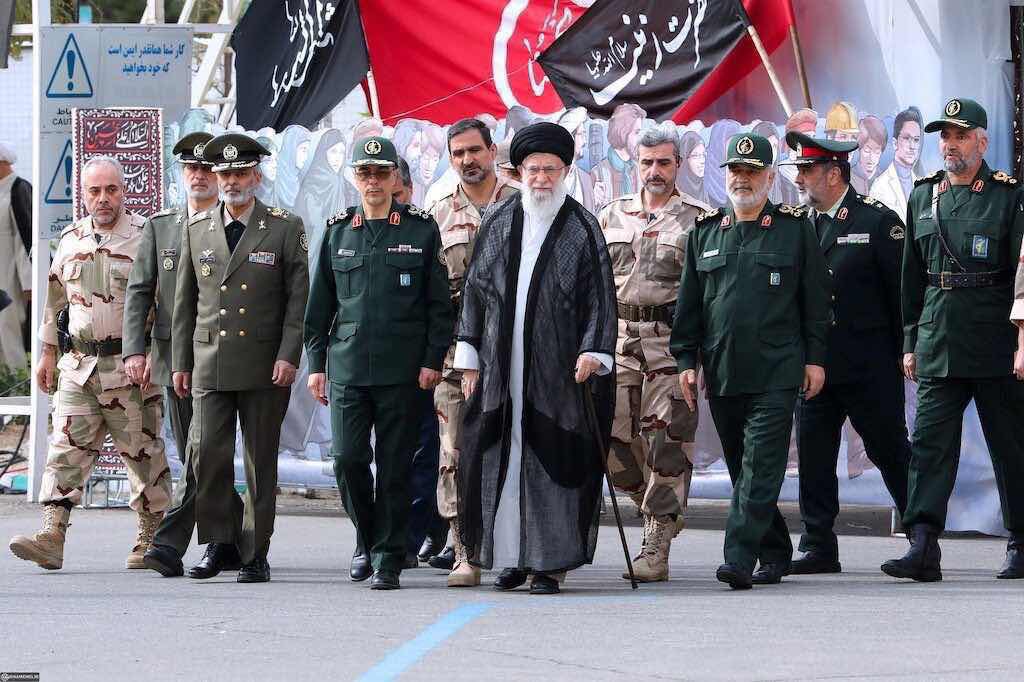Quantitative superiority and maneuverability: Iran has 580,000 active and 200,000 reserve forces as compared to Israel which has 170,000 active and 465,000 reserve forces. The Iranian policy is founded on the asymmetric war, such as guerrilla tactics and proxy armies.
Industry capacity: Iran has its own domestic arms industry that is capable of manufacturing missiles, drones and other military equipment and is therefore less vulnerable to international supplies.
Difficulties with no outside assistance: Iran is subjected to economic sanctions and Air Force is out-dated. It falls short of Israel in tradition military might. It would be vulnerable in a long war due to economic weakness and internal instability since it has no allies.
Israel vs. Iran (Economic Factors and GDP 2025)
Israel’s Economy
GDP and Growth: The economy of Israel is robust and its GDP is expected to be 535 billion by the year 2025. It is powered by high-tech industries, innovation and intense trade relations. The GDP per capita is much better than that of Iran.
Defense Budget: Israel also uses a great percentage of its budget on defense approximately 24.4billion every year as compared to Iran which is 10billion and a half.
Resilience: The Israeli economy is diverse and robust, yet the prolonged war devoid of U.S. support might challenge its resources.
Iran’s Economy
GDP and Growth: The economy of Iran is oil based and its estimated GDP in 2025 will be approximately 366 billion dollars. Sanctions and mismanagement make the growth poor, and inflation and unemployment rates are high.
Defense Budget: The defense budget of Iran is roughly 9.95 billion dollar per year which is very low as compared to that of Israel. This restricts its capability of long-term high-intensity warfare.
Weaknesses: The economy of Iran is susceptible to the interference in oil exports and extra sanctions. An extended warfare would render it financially bankrupt and enhance intra-state rebellion.
. Duration of war: How long can Iran fight alone?
Resource availability: Iran’s large population and domestic arms industry give it some resilience, but its economy is already under pressure due to sanctions. Without external assistance, it would be difficult to maintain supplies and military equipment.
Strategic depth: Iran’s geographic size and proxy armies could prolong a war, but its outdated air force and lack of advanced technology make it vulnerable against Israel.
Estimated duration: Experts believe Iran could sustain a high-intensity war for only 4-5 days, after which its resources would be rapidly depleted. However, if it adopted asymmetric warfare (such as guerrilla tactics), it could hold out for weeks or months, but the effect would be diminishing.
Comparative Table of Summary
Aspects
Israel
Iran
Military technology
Advanced (F-35, Iron Dome)
Missile and drone-dependent; antique air force
Troop strength
170,000 in the field, 465,000 reserve
580,000 active 200,000 reserve
Nuclear capability
It is thought to exist
No proven nuclear weapons, enrichment program
Defense budget
24.4 billion dollars a year
9.95 billion dollars a year
GDP (2025)
$535 billion
$366 billion
Economic resilience
High (diversified, innovation-based)
Low (oil-based, limited)
Proxy armies
Restricted (concentrating on military intervention)
Wide ranging (Hezbollah, Houthis etc.)
Durability
Is able to sustain long war with economic strain
Intense lasting up to 4-5 days; Long term strategic capability in asymmetric warfare
Better technology, intelligence and quick mobilization
Quantitative superiority, territorial penetration and asymmetric maneuvers




Pingback: Iran-Israel Conflict: List of Israeli Cities Affected in war